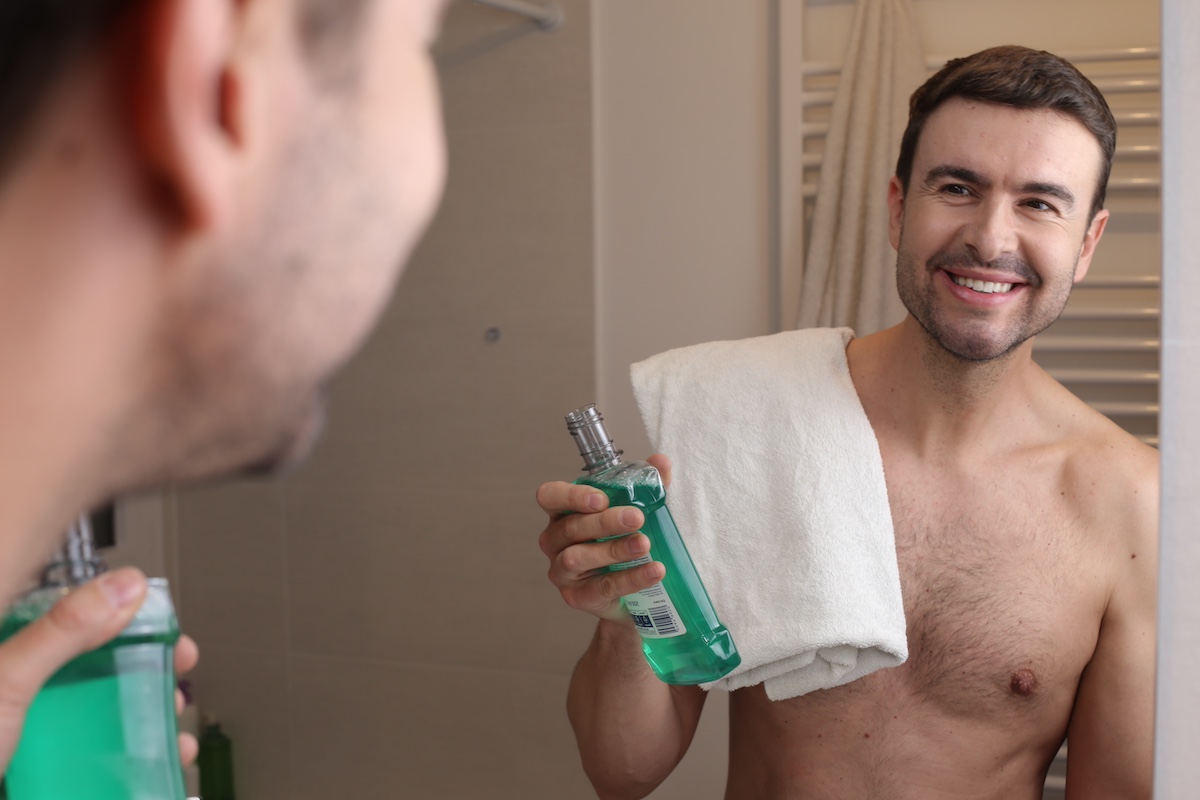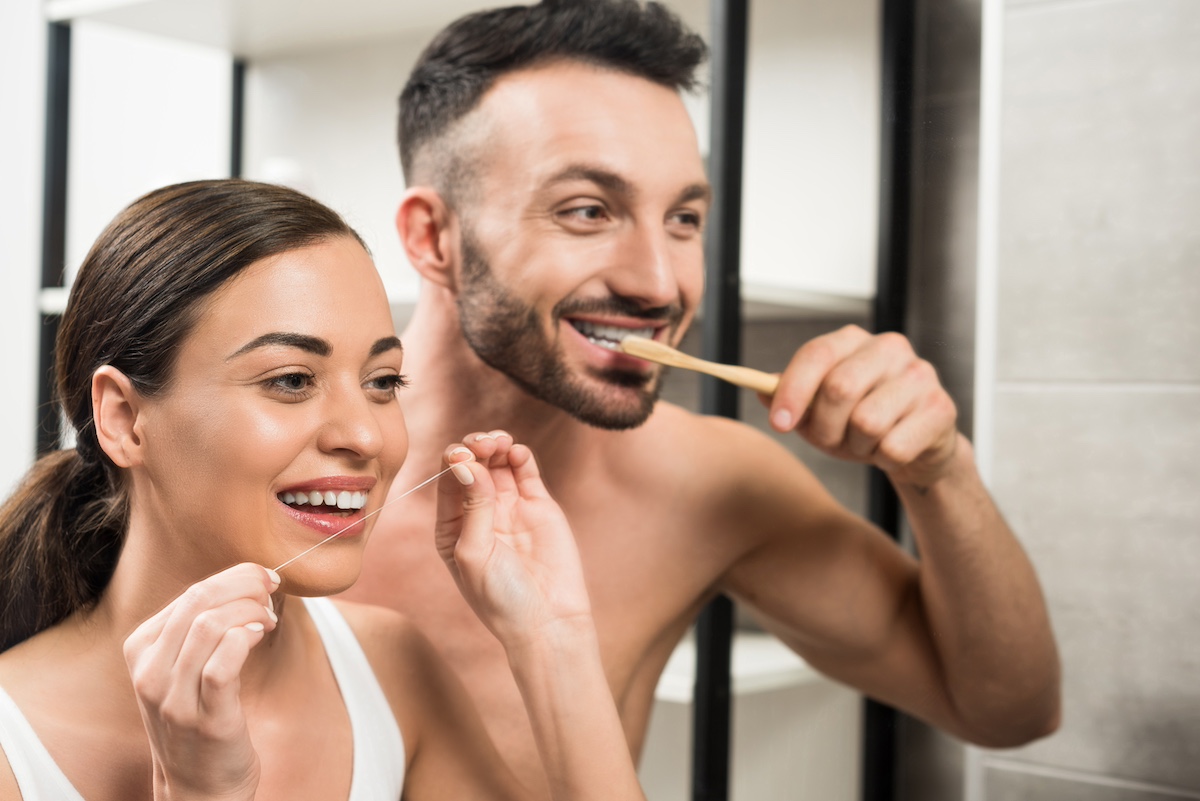Proper oral hygiene is the cornerstone of a healthy, confident smile. As dental professionals, we understand the intricate world of oral health, and we’re here to guide you through the best practices and instructions for building a robust oral hygiene routine. Let’s dive in!
Understanding the Oral Microbiome
The oral microbiome is a fascinating and complex ecosystem residing within your mouth. This microbial community comprises an array of bacteria, fungi, and viruses — all living in a dynamic balance. Understanding this balance is critical for maintaining good oral health. The beneficial bacteria in your oral microbiome are crucial in preventing harmful microorganisms from causing dental problems. However, an imbalance can lead to issues like tooth decay, gum disease, and bad breath.
When we talk about oral hygiene, we’re not just talking about brushing and flossing. We’re talking about nurturing this microbial metropolis. Consider it an intricate dance of microorganisms that you must harmonize through your daily routines.
Daily Brushing Techniques
Selecting the right toothbrush and toothpaste is your first step in this dance. A soft-bristle brush is gentle on your teeth and gums, reducing the risk of abrasion. Fluoride toothpaste helps strengthen tooth enamel and make it more resistant to decay.
Your brushing technique is where choreography comes into play. Circular motions are your go-to moves. Imagine your toothbrush as a gentle masseur, soothing each tooth’s surface. Don’t forget the often-overlooked areas like your tongue and the roof of your mouth, which are prime locations for bacteria accumulation.
Experts recommend brushing at least twice daily for at least two minutes each time. By adhering to this rhythm, you’re on your way to a cleaner and healthier oral environment.
The Power of Flossing
Flossing is often underestimated and forgotten, but it’s just as important as brushing because it removes food and plaque your brush can’t reach.
To floss effectively, use approximately 18 inches of dental floss. Gently slide it between your teeth, forming a C-shape around each tooth to remove any trapped debris. This daily ritual ensures your mouth remains clean and free from plaque.
Mouthwash and Its Role

Mouthwash is more than just a refreshing blast of minty coolness. It’s a knight in shining armor that wields antimicrobial powers to defeat bacteria and reduce plaque. Swish it for 30 seconds post-brushing and flossing to cleanse your oral microbiome.
Mouthwash leaves your mouth feeling fresh and protects it from harmful invaders. If you’re not already using it daily, it will be a formidable addition to your daily routine.
Tongue Cleaning
Cleaning your tongue is a well-kept secret that holds the key to fresh breath. Your tongue can be a harbor for bacteria and odor-causing compounds, but regularly using a tongue scraper makes a huge difference.
Gently glide the tongue scraper across your tongue’s surface to remove bacteria and residue. By doing this, you’re enhancing your taste buds’ sensitivity and contributing to overall oral health.
Dietary Choices and Oral Health
What you consume plays a substantial role in your oral hygiene. Foods rich in sugar and acid act like corrosive agents on your teeth. They gradually erode your enamel and mouth vulnerable to harmful invaders.
On the flip side, certain foods act as natural toothbrushes and promote oral health. Imagine crisp, crunchy fruits and vegetables like apples, celery, and carrots as your mouth’s cleaning crew. Their fibrous texture stimulates saliva production, which serves as a natural defense mechanism against bacterial attacks. A well-balanced diet is the foundation for a thriving oral microbiome.
The Role of Water
Water is another key component of oral health because staying hydrated ensures your mouth produces an adequate amount of saliva. Saliva helps neutralize acids, fight off bacteria, and protect your teeth. So, the next time you reach for a glass of water, remember it’s not just hydrating your body. It’s fortifying your oral defenses.
Regular Dental Check-Ups
While maintaining an excellent at-home oral care routine is crucial, it’s equally important to enlist the expertise of dental professionals. Your dentist will examine your mouth for signs of trouble, clean your teeth and gums, and perform other services as needed. These biannual visits can save you from more significant problems down the road, so don’t skip them. They are your insurance policy for a healthy smile.
Oral Hygiene for Different Age Groups
Oral care is not a one-size-fits-all affair, and it evolves as you age. For children, it’s about instilling good habits and preventing cavities. Adults need to maintain their oral health and deal with life’s wear and tear, while seniors face unique challenges related to aging.
Each life stage has concerns and solutions, and customizing your routine ensures optimal results. Your dentist will help you determine what practices and services are most suitable throughout your life.
Oral Care for Special Cases
Special cases, such as braces, dentures, and dental implants, require special attention. Each of them comes with its own requirements, and it’s important to follow your dentist’s advice to maintain oral health while accommodating these special circumstances.
For instance, if you have braces, you’ll need to be meticulous in cleaning and ensure that no food particles get trapped in the brackets and wires. If you have dentures, understanding how to clean and care for them is essential for maintaining your oral and overall health.
Building a Routine and Staying Consistent

Building a routine is akin to choreographing your oral hygiene dance. Select the right tools, master the steps and practice them consistently. Like a dedicated dancer, you’ll see progress and improvements over time.
Closing Thoughts
Maintaining your oral hygiene routine is an intricate dance of balance and consistency. By understanding the nuances of the oral microbiome and following these best practices and instructions, you can safeguard your smile and nurture your overall health. Embrace the power of good oral hygiene, and your mouth will thank you, as will your entire body.

